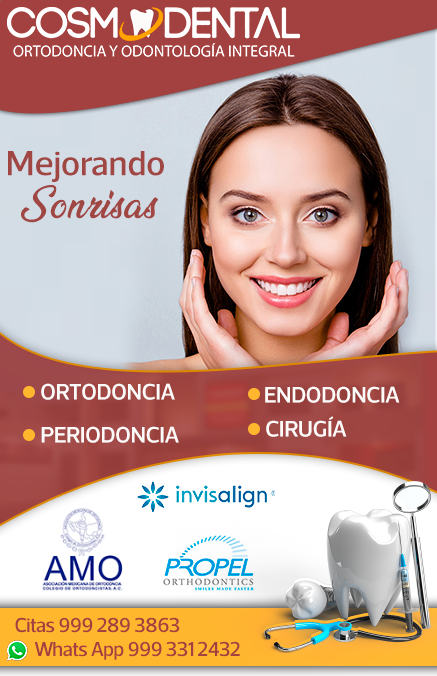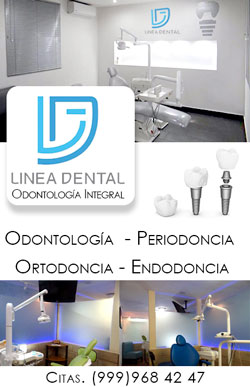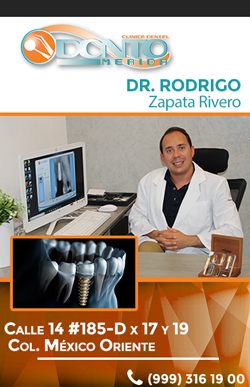Interesting articles
What is the periodontics?
Gingivitis can be reversed by deflacing the gums, starting with good oral hygiene to control the bacterial plaque and continuing with the elimination of the tartar, periodontal bags and other harmful agents.
Periodontitis is irreversible since the lost bone can not be recovered.
There are factors that contribute to the development of these diseases such as tobacco, stress, dental housing, bruxism, diabetes or hypertension.
It is very difficult to detect these diseases since we do not perceive pain except for exceptions, but we must pay attention to bleeding or suppuration. The diagnosis is made after a periodontal study based on a periodontogram and a series of x-rays. The degree of inflammation of the gums and the loss of bone is determined and the treatment is defined to follow.
& NBSP;
Gingivitis
What is it?
Send this page to a friend Print Facebook Twitter Pinterest
Causes
Gingivitis is due to the short-term effects of plate deposits on the teeth. The plate is a sticky material composed of bacteria, mucus and food residues that accumulates in the exposed parts of the teeth. It is also a major cause of dental caries.
If the plate is not removed, it becomes a hard tank named tartar (or calculation) that is trapped at the base of the tooth. The plate and the tarte irritate and inflame the gums. The bacteria and toxins that these produce make the gums inflame and become sensitive.
These things increase the risk of gingivitis:
Certain infections and diseases throughout the body (Systemic)
Privacy Policy
The information presented here is the responsibility of the advertiser, Directory of Periodontists in Merida It drops from any claim or problem with any of the advertisers.
Contact us



